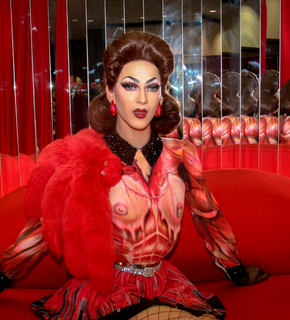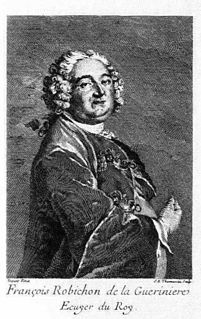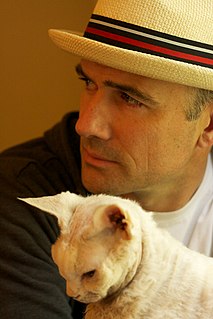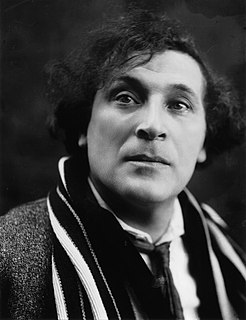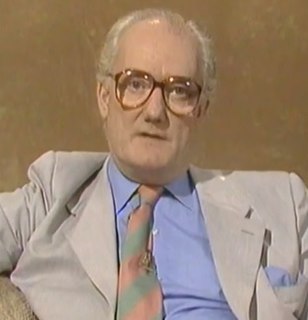A Quote by Madame de Stael
It seems to me that we become more dear one to the other, in together admiring works of art, which speak to the soul by their true grandeur.
Related Quotes
True perfection seems imperfect,
yet it is perfectly itself.
True fullness seems empty,
yet it is fully present.
True straightness seems crooked.
True wisdom seems foolish.
True art seems artless.
The Master allows things to happen.
She shapes events as they come.
She steps out of the way
and lets the Tao speak for itself.
Art itself is essentially ethical; because every true work of art must have a beauty or grandeur of some kind, and beauty and grandeur cannot be comprehended by the beholder except through the moral sentiment. The eye is only a witness; it is not a judge. The mind judges what the eye reports to it; therefore, whatever elevates the moral sentiment to the contemplation of beauty and grandeur is in itself ethical.
True art means if it helps you to become silent, still, joyous; if it gives you a celebration, if it makes you dance—whether anybody participates with you or not is irrelevant. If it becomes a bridge between you and God, that is true art. If it becomes a meditation, that is true art. If you become absorbed in it, so utterly absorbed that the ego disappears, that is true art.
Horsemanship is the one art for which it seems one needs only practice. However, practice without true principles is nothing other than routine, the fruit of which is a strained and unsure execution, a false diamond which dazzles semi-connoisseurs often more impressed by the accomplishments of the horse than the merit of the horseman.
Art has to be a kind of confession. I don't mean a true confession in the sense of that dreary magazine. The effort it seems to me, is: if you can examine and face your life, you can discover the terms with which you are connected to other lives, and they can discover them, too - the terms with which they are connected to other people.
To take, for example, my own death: what I consider most likely to be true is that death will be the complete and utter end of my existence, with no successor existence of any kind that can be related to me as I now am. And if that is not the case, the next most likely scenario, it seems to me, is something along the lines indicated by Schopenhauer. But neither of these is what I most want. What I want to be true is that I have an individual, innermost self, a soul, which is the real me and which survives my death. That too could be true. But alas, I do not believe it.
What strikes me is the fact that in our society, art has become something which is related only to objects and not to individuals, or to life. That art is something which is specialized or which is done by experts who are artists. But couldn't everyone's life become a work of art? Why should the lamp or the house be an art object, but not our life?


